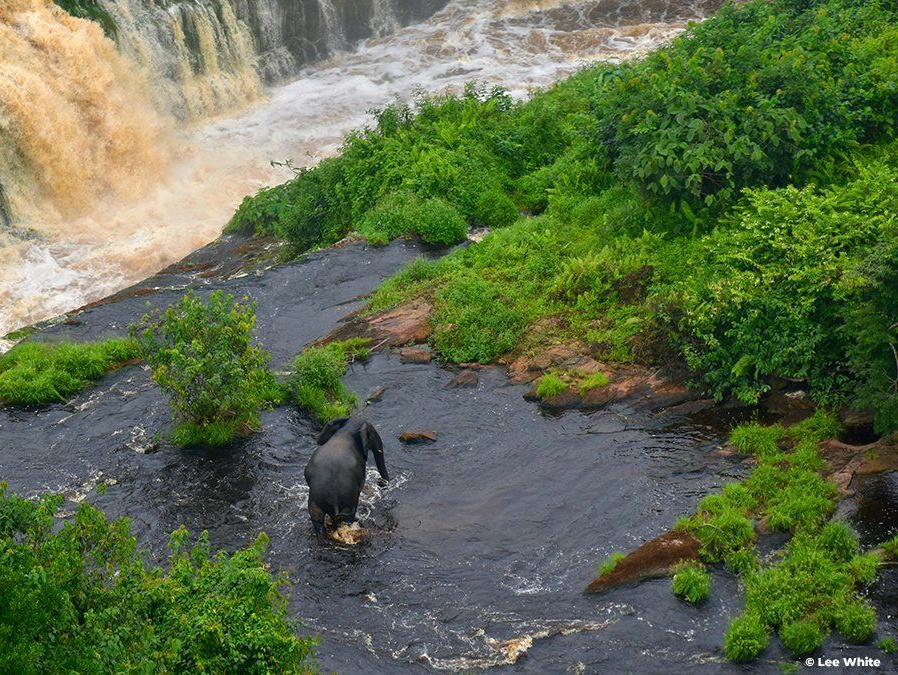The Gabonese authorities intend to step up their action to improve the living environment with a particular emphasis on reducing industrial pollution and safeguarding the biodiversity of its now famous ecosystems.
Aware of these challenges of sustainable development and of the transition from a “brown” economy to a “green” economy, the government is resolutely committed to a budgeting process with the objective of consolidating the bases of sustainable development.
This new development approach takes into account pre-existing environmental commitments, including a 50% reduction in greenhouse gas emissions by 2025 as well as the preservation of 98% of Gabon’s tropical forests.
Renewable energy sources are another important way for the government to reduce emissions and boost growth. Investing in these and other green industries, such as the sustainable development of the fisheries sector, could be the key to bridging the gap between GDP per capita and the poverty rate in Gabon, but also to support sustainable and inclusive development.
Within this framework, “sustainable agriculture, sustainable fishing, renewable energy, and eco-tourism can create jobs that tackle the fundamental humanitarian challenges of food scarcity and accessibility to energy,” the government argues in its recently-published National Integrated Financing Framework (CNFI). In practice, these actions relate mainly to the implementation of a green tax framework.
They involve, for example, an analysis of public finances (taxation and expenditure), in connection with the green economy, an identification of options to strengthen the links between green levies (existing and future ones) and the use of “green” taxes, as well as the dialogue around the reform proposals necessary for the establishment of a green tax framework.
This last point consists of incentives for investments, intended to mitigate greenhouse gas emissions or reduce energy consumption, as well as taxes on CO2 emissions and on the use of energy-intensive technologies.
A study is also planned on the scale and parafiscal mechanisms, as well as their impact on the development of the green and blue economic sectors.
The government is also counting on a strategic and ambitious approach to mobilize climate finance from the Green Climate Fund (GCF) at scale. This approach should carry out a thorough assessment of the main constraints (financial, technical, legal, capacity and governance).
It will also involve updating the climate investment plan (PIC) to develop 79 strategic portfolios of concrete and bankable projects to mobilize funding. Added to this is capacity building to meet financial standards, environmental and social safeguards and gender of the GCF; the identification and incorporation of institutional bridges between the different measures and approaches existing in Gabon related to climate and the environment as well as advocacy to strengthen the regional dimension of GCF projects concerning the Congo Basin.
The establishment of a carbon market to monetize the country’s net carbon sequestration is also planned. Just like that of an accounting of natural capital with the evaluation of the ecosystem services provided by the country to the planet as well as the launch of a plea for the integration of natural capital in Gabon’s national accounts, in order to increase GDP while decreasing the debt-to-GDP ratio.

